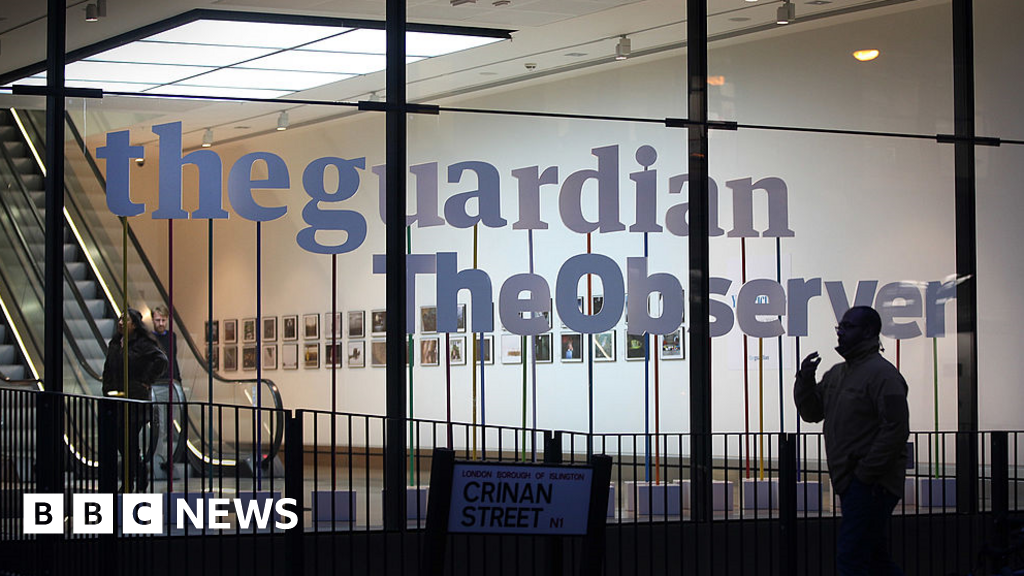The tour guides say Jackson Pollock and Lee Krasner were happy here. The two artists practised in a shabby, brown-shingled fisherman’s cottage in Springs, Long Island, with the Accabonac Creek flowing through the backyard, several hours’ drive and a world away from New York City.
The couple moved here shortly after their wedding in 1945, largely at Krasner’s urging. She wanted to remove Pollock from the bars that enabled his alcoholism, including the Cedar Tavern, a popular haunt among their fellow Abstract Expressionists. “If he was drinking, he wasn’t painting,” guide Theresa Davis says, and “if he was painting, it meant he wasn’t drinking.” Collector and patron Peggy Guggenheim put up the money for their down payment.
When they moved in, the house was a fixer-upper with no indoor bathrooms. The couple soon moved the barn to clear the view to the creek and made further improvements in 1953.

The property and the way they divided it echoes the tension of their relationship and their influence on each other as artists. During their lifetimes, Pollock’s fame overshadowed Krasner’s, due in part to the misogyny of the art establishment. But over time, Krasner’s work has gained recognition.
The house largely retains the sensibility of Krasner, who remained there until she died in 1984, long after Pollock’s death in 1956. Her robe is laid out on the bed upstairs as if ready for its owner, and her beloved collections of seashells fill the bedroom shelves and an artfully arranged living room corner beneath a bay window. Downstairs are Pollock’s record player and his jazz record collection, and their shared library.
Pollock took the barn for his studio, while Krasner used a much smaller spare room upstairs. Despite the difficulties that arose from Pollock’s alcoholism, depression and infidelity, they respected each other’s working practices: each had to ask permission to enter the other’s studio.


During a two-year period of sobriety, Pollock developed his famous drip technique here, pouring, dribbling and splashing paint on canvases laid on the floor. A shelf lined with paint cans, Pollock’s brushes still in them, is surrounded by images that bring his radical process to life. The barn’s floorboards are overlaid with Pollockian splatter that visitors may tread across in protective slippers.
“A lot of people feel shocked that they can actually walk on the studio floor and kind of be in a Pollock painting”, director Matthew Ward says. Even when crowded, the space is hushed, visitors stepping delicately as if on the ledger stones of a cathedral.
In the late 1940s, Pollock began numbering instead of naming his works to encourage viewers to feel a response for his improvised abstractions, rather than being affected by a title. Krasner, meanwhile, experimented boldly with colour and shape, evolving her aesthetic over her career.
Both continued to spend time in the New York art world, but their Long Island neighbours weren’t much impressed: when a skint Pollock tried to barter his paintings with local shopkeepers, most preferred cash.

In 1956, while Krasner was on a trip to Paris, Pollock crashed his car less than a mile from the house, after a drinking bout. He and one of the passengers died; the woman he was having an affair with survived.
After his death, Krasner took over the barn studio, leaving her paint marks stippled on the walls as she painted upright canvases. This palimpsest in the two axes of the space — distinct yet interconnected — provides perhaps the best physical metaphor for their relationship.
The house is an inspiring place, but a sad one, too — a reminder that no matter how peaceful the environs, demons of the mind can still triumph over artistic endeavour.
Find out about our latest stories first — follow @ft_houseandhome on Instagram

































































































































You must be logged in to post a comment Login